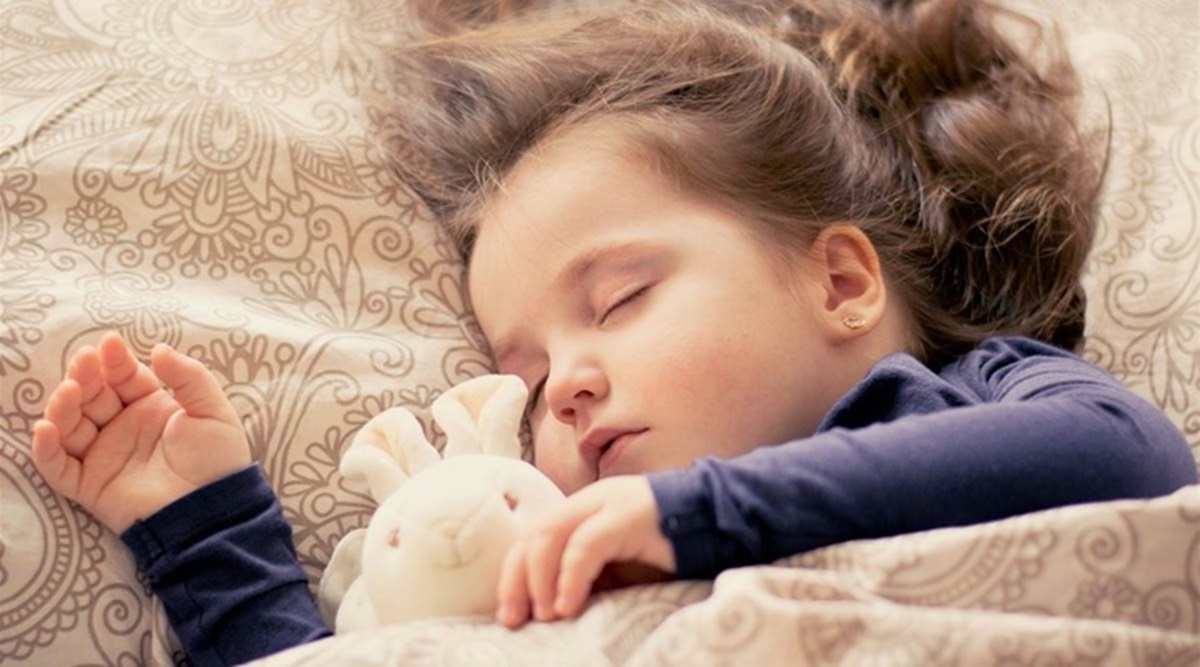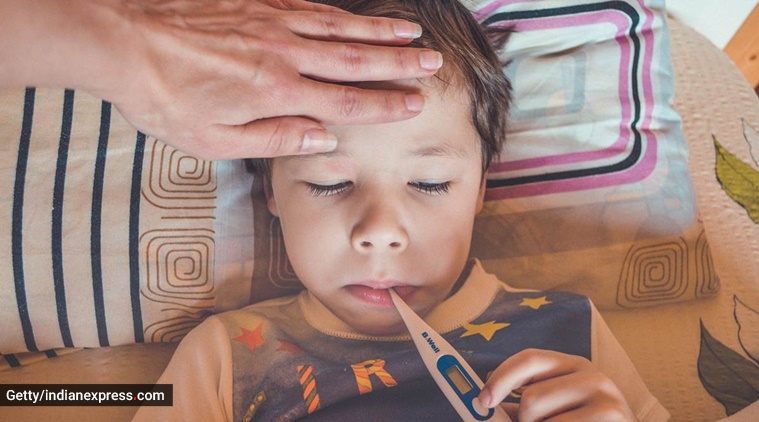
The lockdown, severity of the second wave of coronavirus and fear of infection are the major reasons for the arrested development of children, experts said

The second Covid wave has led to children across age groups falling prey to psychological issues due to increased screen time, no social interaction and parents not having time for them despite working from home, experts have said.
Dr Meena J, Paediatrician, Aakash Healthcare, Dwarka, said anxiety and behavioural issues are prevalent among older children while there are developmental delays among kids aged two to three.
“Children usually start speaking by two to three years but we are seeing speech delays. They have learned some activity but are not performing it. For instance, there were some kids who were toilet trained but they are wetting their beds or they don’t tell their parents when they want to go to the washroom,” she said.
Children who are neither young nor in their teens are facing learning disabilities, throwing temper tantrums, showing aggressive behaviour and are wary of socialising. Some of them have developed a social phobia and stranger anxiety, she said.
“Children who come for treatment are scared to interact with us,” she said.
The lockdown, severity of the second wave of coronavirus and fear of infection are the major reasons for the arrested development of children, experts said.
Dr Nameet Jerath, Senior Consultant, Pediatric Intensive Care, Indraprastha Apollo Hospitals, said there are instances of erratic behavior and temper tantrums among children due to the prolonged lockdown.

As both children and parents are forced to stay indoors, everyone is on a short fuse, he said.
Corrobaroring Jerath’s views, Dr Jitendra Nagpal, Consultant, Child Psychology and Psychiatrist at Moolchand Hospital, said they are seeing two-three such cases on a daily basis and teenagers, in particular, are having a tough time.
The pandemic has brought a drastic change in the lives of teenagers and one of the most concerning issues is the feeling of lost identity among them.
“Never were they so disconnected from school, their friends and inner circles. These avenues helped them make an identity for themselves. Unfortunately, they are delusional about their identity now,” he explained.
“Besides, the physical distancing has ensued a feeling of complete desolation among children. The pleasure of social interaction has been confined to homes only, which is triggering mental health issues among them,” Nagpal added.
The carnage of the second wave, the sensational reporting by TV media and the constant fear of contracting Covid by parents have turned children who were confident by nature, into insecure individuals, he lamented.
Sharing a case study, Dr Rahul Nagpal, Director, Pediatrics, Fortis Hospital, Vasant Kunj, said the parents of a two-year-old child consulted him since he did not have any language development.
On probing, the doctor learnt the cause — increased screen time.
“Whenever the child would cry, his parents would put on a cartoon. He was irritable and used to hate food. There was no language development. He was going into autistic syndrome disorder,” he shared.
Nagpal said he advised the parents to have “zero screen time” for the kid and also to take him out under proper supervision so that he could have social interaction.
Within six months, the child showed improvement, learnt some words, he said.
The senior doctor said in adolescents, they are seeing issues of obesity, addiction to screen and issues with parents.
“Teenagers anyway have issues with their parents. But now with everyone staying at home, the issues are mounting. There are body image issues also cropping up and if the parents talk about it, their children tell them not to body shame them,” he said.
With the fear of a potential third wave that might be lethal for children, experts are also seeing queries from worried parents on how they can protect their wards from the virus, experts said.
The unanimous answer to the queries is that the parents need to follow Covid-appropriate behaviour for the safety of their children, they added.
Source: Read Full Article